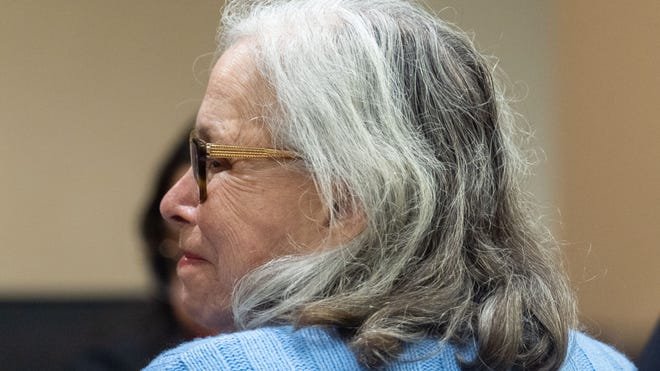
By Gen Just Law, June 25
In a calculated move that reveals their strategy for the endgame, federal prosecutors in the Sean Combs trial have reshaped the battlefield for the jury.
A legal filing from June 24th shows the government making a tactical retreat on some fronts while digging in on others. On the surface, the move is about streamlining; prosecutors are dropping several charges, including attempted kidnapping and aiding and abetting sex trafficking, because they are “no longer planning to proceed on these theories of liability”.
But below the surface, this filing is a meticulous effort to preemptively dismantle the defense’s arguments and guide the jury through the complex, and often counter-intuitive, realities of sex trafficking law.
- Donna Adelson Found Guilty on All Counts in Dan Markel Murder Case
- Epstein Files: Survivors Break Silence on Capitol Hill
- Cardi B Assault Trial Verdict — She’s Not The Drama
- Jim Crow Era — Louisiana’s Split Juries Problem and the Limits of Retroactivity
- Grooming Gangs in the UK — A Crisis Re-Exposed in 2025
The core of the prosecution’s strategy is now clear: they are willing to sacrifice lesser charges to focus the jury’s attention entirely on the main counts of sex trafficking and forced labor.
However, they are keenly aware that these are “extremely complex legal concepts about which jurors may have preconceived, mistaken notions”.
The bulk of their 8-page letter to the judge is a plea to provide detailed, specific instructions that act as a legal roadmap for the jury. They are essentially asking the judge to teach the jury what sex trafficking and forced labor truly are, according to the law, rather than what the jurors might think they are based on movies or television.
The prosecution’s proposed instructions read like a direct rebuttal to the defense’s expected closing arguments. They anticipate the defense will highlight the victims’ prior consensual relationships with Combs and the financial support they received, such as rent and salaries.
To counter this, prosecutors are demanding instructions that explicitly state that earlier consensual activity is not determinative of a later trafficking charge, and that receiving payment is not mutually exclusive with being a victim of forced labor. This is a crucial attempt to prevent the jury from concluding that a “girlfriend” or an “employee” cannot, by definition, be a victim.
Furthermore, the government is looking to broaden the jury’s understanding of coercion. The request for an instruction on “cumulative conduct” is designed to allow jurors to see the pattern of alleged abuse over many years including threats made to others that a victim was aware of as a single, oppressive “culture of fear”.
This directly combats the defense tactic of isolating incidents and arguing they don’t rise to the level of a crime. By asking for an instruction that physical restraint is not required for a trafficking conviction, prosecutors are directly confronting the questions raised by the defense about why victims didn’t simply leave their situations.
Ultimately, this document shows a prosecution team that is confident in its evidence but worried about the jury’s ability to navigate the complex legal definitions at the heart of the case.
By dropping some charges and doubling down on the instructions for others, they are making a strategic bet. They are trading a few minor battles to ensure they have the strongest possible position to win the war, armed with a jury that has been meticulously educated on what the law actually says.
Author

Latest entries
 Donna Adelson Trial2025-09-05Donna Adelson Found Guilty on All Counts in Dan Markel Murder Case
Donna Adelson Trial2025-09-05Donna Adelson Found Guilty on All Counts in Dan Markel Murder Case True Crime2025-09-03Epstein Files: Survivors Break Silence on Capitol Hill
True Crime2025-09-03Epstein Files: Survivors Break Silence on Capitol Hill US2025-09-03Cardi B Assault Trial Verdict — She’s Not The Drama
US2025-09-03Cardi B Assault Trial Verdict — She’s Not The Drama US2025-08-30Jim Crow Era — Louisiana’s Split Juries Problem and the Limits of Retroactivity
US2025-08-30Jim Crow Era — Louisiana’s Split Juries Problem and the Limits of Retroactivity



